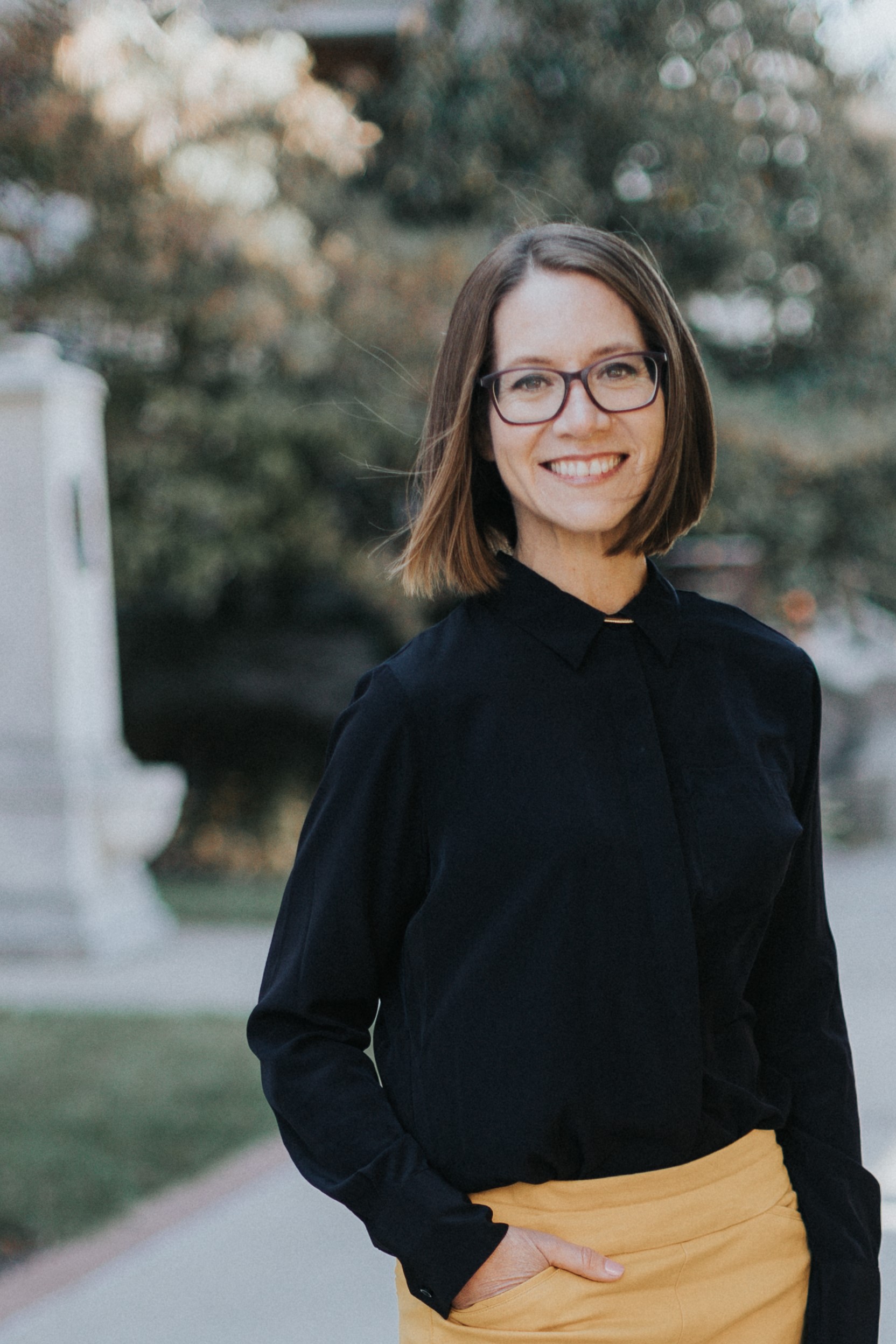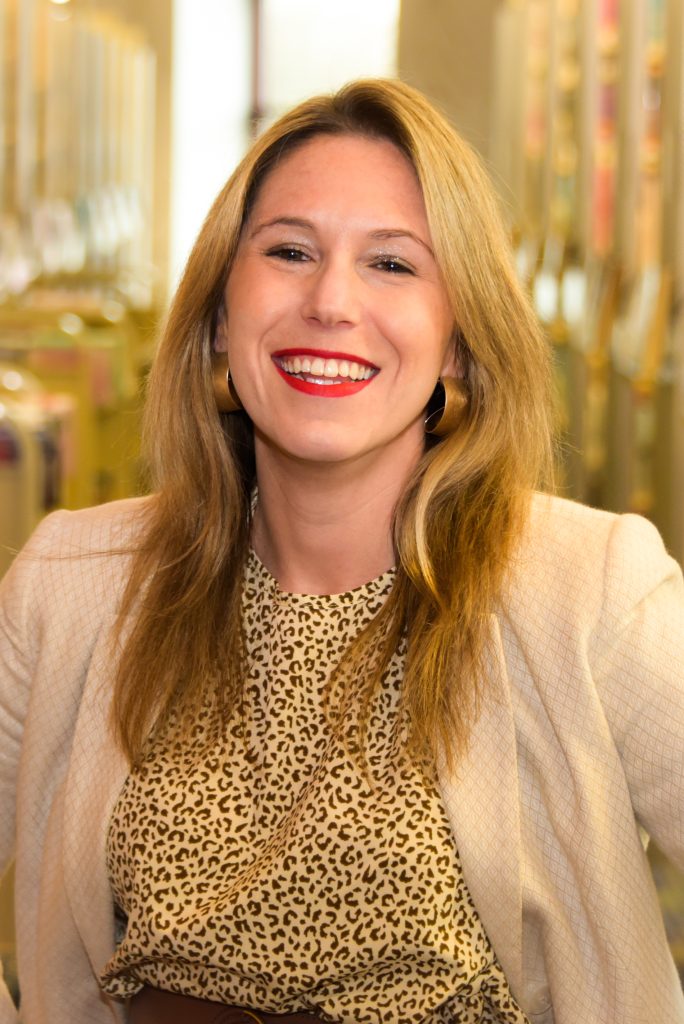Happy World Teachers’ Day 2023
Posted in: NewsMizzou Academy Celebrates World Teachers’ Day 2023
written by Kathryn Fishman-Weaver and Karen Scales
In 1994, the United Nations Educational, Scientific, and Cultural Organization (UNESCO) declared October 5 World Teachers’ Day. This annual celebration commemorates the anniversary adoption of the “1966 ILO/UNESCO Recommendation Concerning the Status of Teachers.”
According to UNESCO, this “is a day to celebrate how teachers are transforming education but also to reflect on the support they need to fully deploy their talent and vocation, and to rethink the way ahead for the profession globally. ”
Today, World Teachers’ Day is co-convened in partnership with the International Labour Organization (ILO), UNICEF, and Education International (EI). At Mizzou Academy, we are proud to join in this global celebration of teaching, teachers, and learning.
It is fitting that this year (2023), World Teachers’ Day falls on a Thursday. As a school community, each Thursday we celebrate Thankful Thursday. This week, and every week, we are grateful for the profound and positive difference educators in the Mizzou Academy community make in the lives of young people.
Reflecting
On this day 29 years ago, UNESCO established World Teacher’s Day, and I (Karen) was embarking on my journey with Mizzou Academy. I had officially become an instructor with (then titled) the Center for Independent Study in June of 1994, and by October my experience in teaching “from a distance” was still feeling…let’s call it…surreal. I remember vividly (and viscerally) that when I talked with friends and colleagues about my new position as a distance educator, I often heard essentially the same response: But won’t you miss “real” teaching?
I did not know quite how to respond to their skepticism back then. I do now.
There are three key lessons I have learned about “real teaching” in my nearly 30 years with Mizzou Academy:
1. Real teaching is about real relationship-building.
Wherever and however classrooms exist, they all come with challenges. Whether it’s overwhelming teacher/student ratios or a class roster of students across the globe whose faces you rarely (if ever) get to see, students can and will thrive if we connect with them in meaningful ways. Over these many years, Mizzou Academy has not only been intentional and proactive about giving teachers the logistical tools and technology we need to make and sustain those individual relationships, but also about making that kind of communication core to its mission. And that, as they say, has made all the difference.
2. Real teaching prioritizes access and inclusion.
Access and inclusion can mean a lot of things–from opportunities for acceleration and enrichment or remediation, to representation, to health and disability accommodations. For Mizzou Academy’s diverse student populations, even just the simple fact of being able to log in to class from anywhere in the world and to have flexibility and agency in their schedules and pacing can open worlds. It is a profound light for students with individual needs.

But what sometimes gets overlooked in that conversation is the very real, human benefit and privilege of getting to learn every day from such a wide array of students of all abilities, identities, cultures, nationalities, languages, interests, and talents. Our local and international students get to experience a diversity of curriculum and classmates that few other school communities will know. And as a teacher, I continue to be moved, inspired, and changed every day by our students. Our school continues to expand and embrace diverse populations, and we are continually better for it.
3. Real teaching is a team sport.
“It takes a village,” as the saying goes, and in my nearly 30 years with Mizzou Academy, I have learned and lived the truth of it. We know that administrations who recognize educators as the professionals they are, who honor their teachers’ expertise and support their growth, and who call on their teachers’ individual strengths and passions in all corners of curriculum and instruction are giving perhaps the greatest gift they can give to students. Mizzou Academy is a program that challenges and supports its teachers to our fullest potential, so that we can then pay that care and support forward to our students. Teaching is not a solo event. It is (or at least it can and should be) an empowered and empowering community.
Teaching Matters. Your Work Matters.
We (Karen and Kathryn) are grateful for the profound and positive difference educators in the Mizzou Academy community make in the lives of young people every day. In short, we are grateful for YOU. Teaching doesn’t just happen in classrooms (virtual or otherwise). It doesn’t just happen through assignment or exam feedback. It happens through countless daily interactions, including phone calls, emails, proctoring, curriculum development, instructional design, and Help Tickets resolved. Your work in all areas of Mizzou Academy contributes to our culture of teaching, learning, and community.
Thank you to all of you for the work you do to support students. As part of our Mizzou Academy core values, “we believe that blended and online learning should be relational and connected, and our community approach focuses on both our school communities and our students’ local communities. In our efforts to humanize learning, we center relationships, practice responsiveness, engage in reciprocal learning, and implement student-centered programs. With a focus on relationships, we strive to ensure that every student is seen and supported by a learning partner.”
We cannot overstate the power and importance of ensuring that every child is seen and known. We are constantly inspired by the many ways you do this through your warm and connected feedback, messages to students and partners, zoom visits with classes, and in countless other ways every day that go unseen. This care and support honors our students as they grow toward their individual potential and solve global challenges.
Futurecasting

When Karen and I (Kathryn) first started teaching, we knew some things about learning, connecting, and the world. When Mizzou Academy became an accredited high school in 1999, our school community had a certain understanding of diploma programs and online learning.
What we and our school community knew then has informed our practices. And yet, we also recognize that in so many ways teaching, learning, and what it means to “do school” has changed significantly over the course of our careers.
Technology-mediated teaching is no longer the exception but the norm. As a global community we are more connected than ever before. Over the past five years, Mizzou Academy has welcomed students from over 60 countries. We partner with international schools in Brazil, China, Honduras, Korea, Macedonia, Mongolia, Myanmar, Romania, Serbia, Spain, Turkey, and Vietnam.
As a result, our teachers are continuing to develop and lead in multicultural and global competencies. We also know that education, as a field, has a long way to go. The United Nations fourth Sustainable Development Goal (SDG) is on Quality Education.
By 2030 one of SDG 4 targets is to “ensure that all learners acquire the knowledge and skills needed to promote sustainable development, including, among others, through education for sustainable development and sustainable lifestyles, human rights, gender equality, promotion of a culture of peace and non-violence, global citizenship and appreciation of cultural diversity and of culture’s contribution to sustainable development.”
I am grateful to work and learn in a school community that is invested in this vision. On this World Teachers’ Day, we want to celebrate our Mizzou Academy teachers, partner teachers, and all those who support young people as together we co-create classrooms and communities built on our core values of inclusion, innovation, partnership, and access.